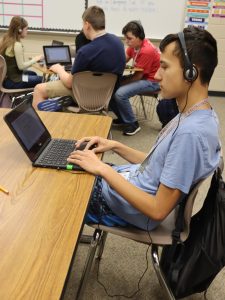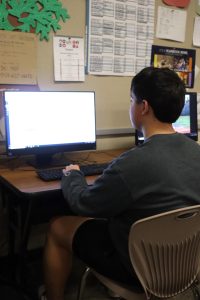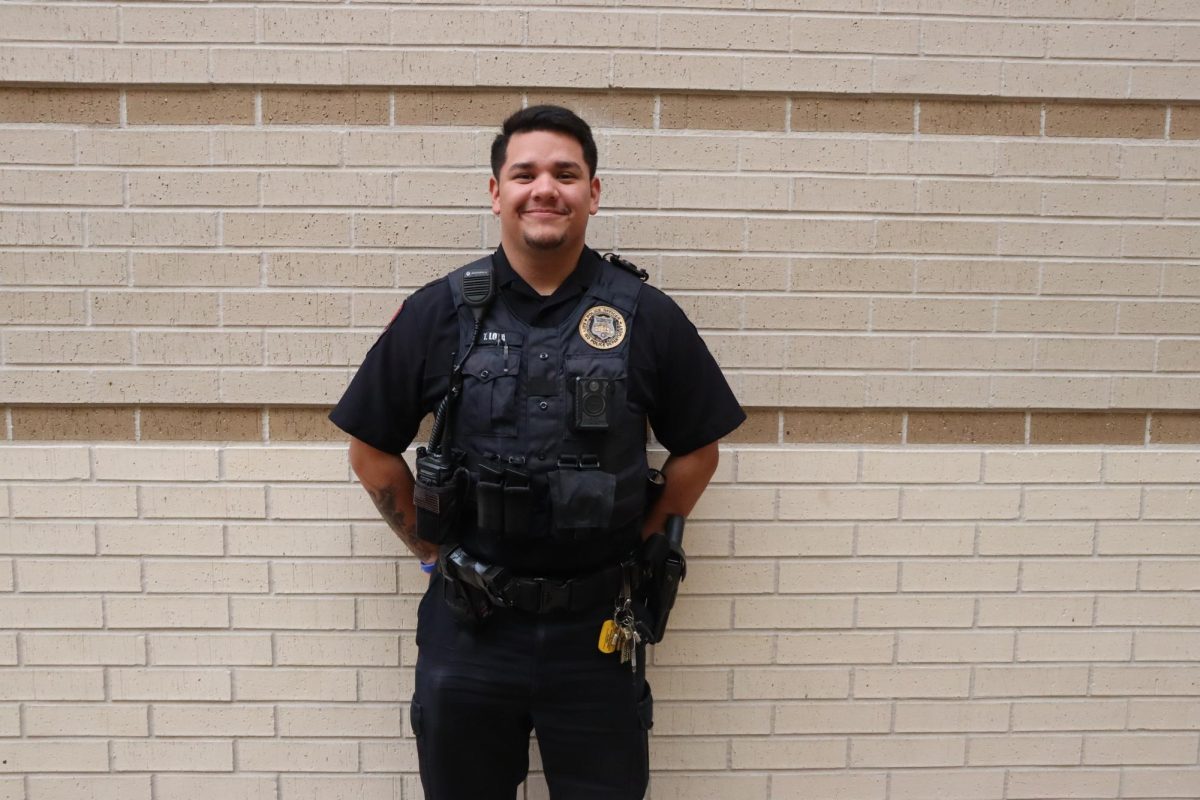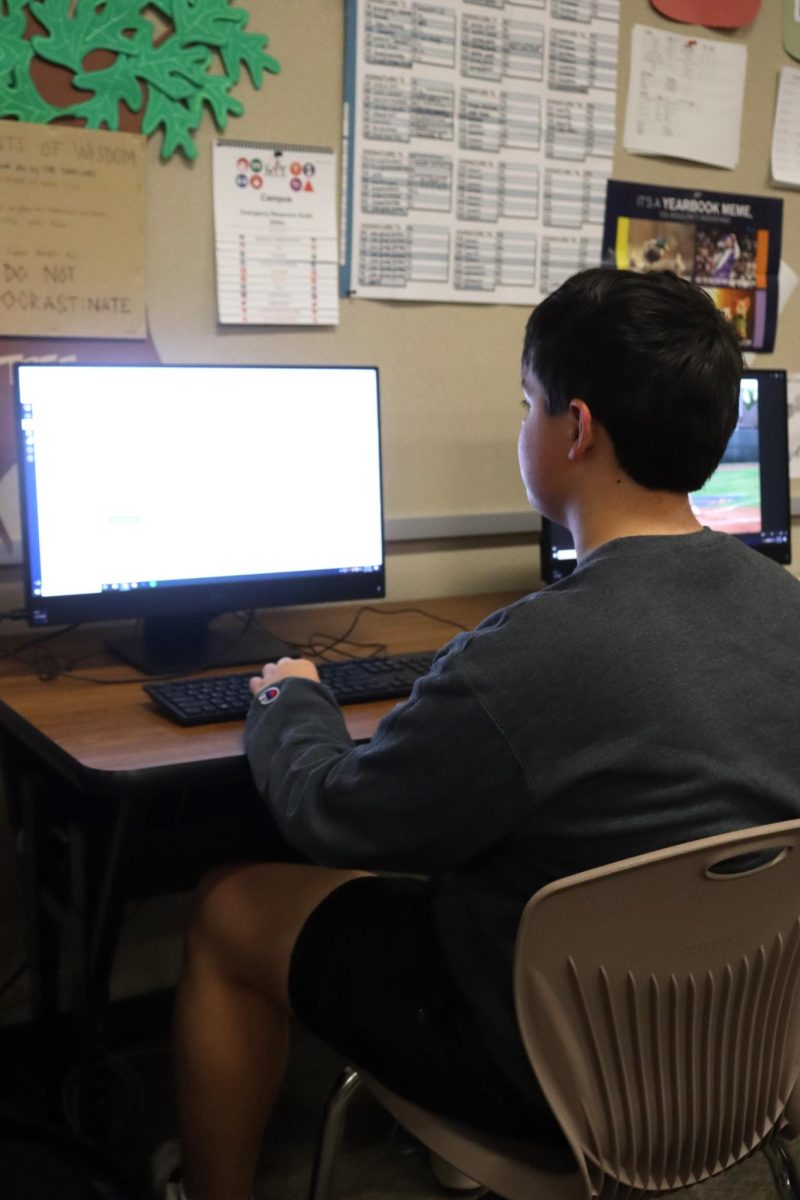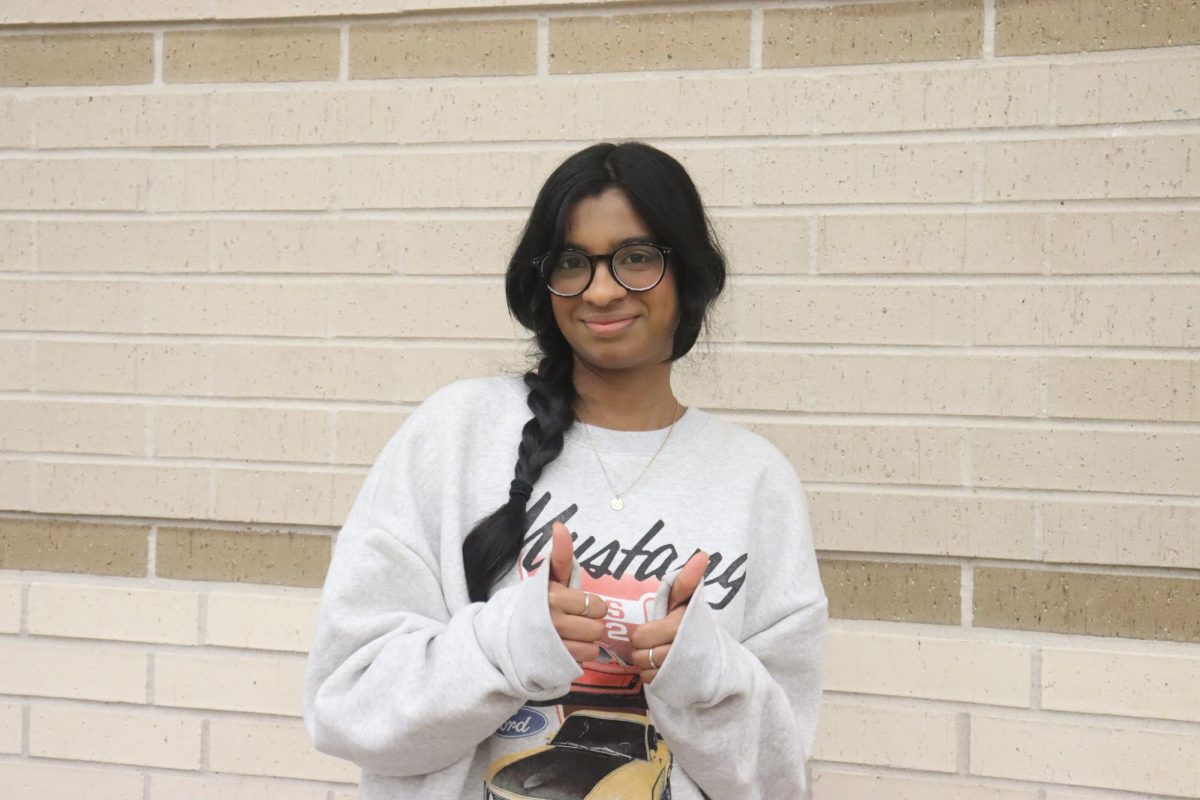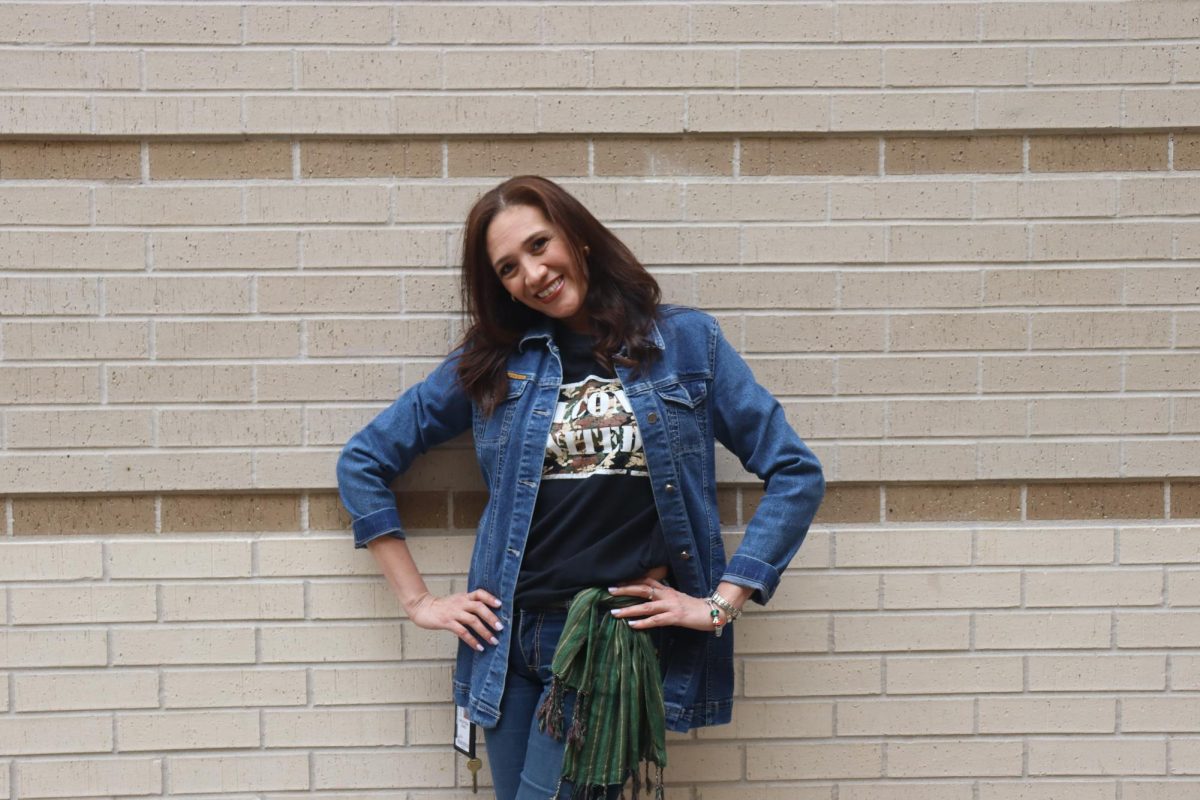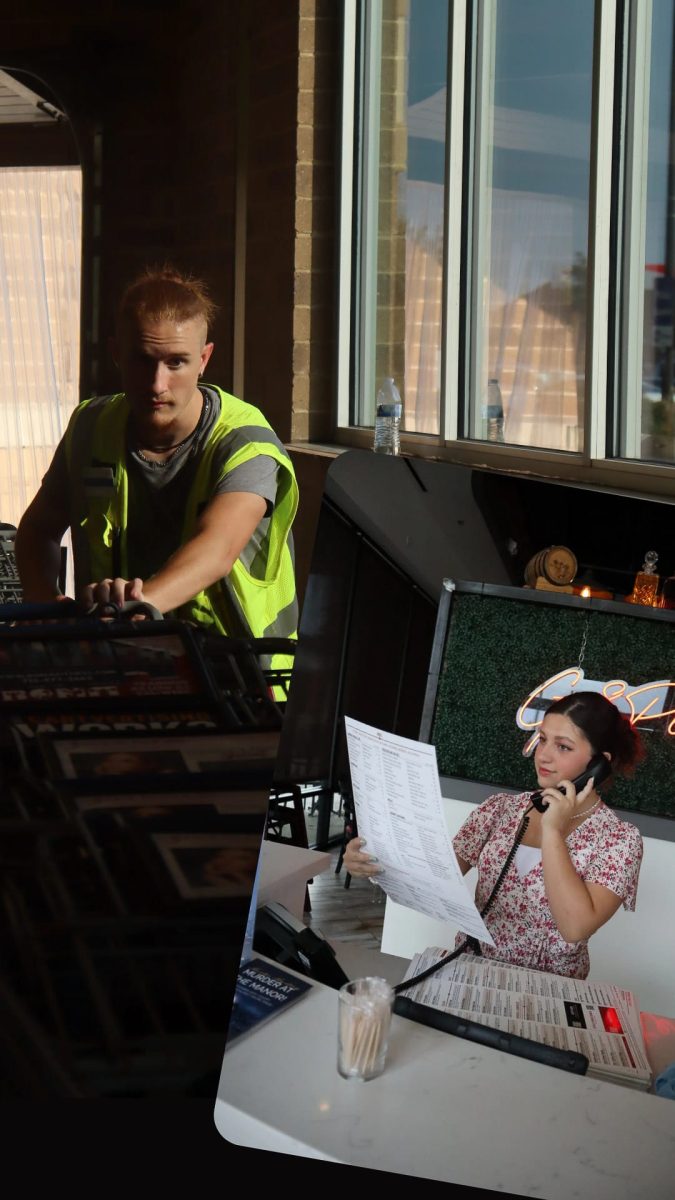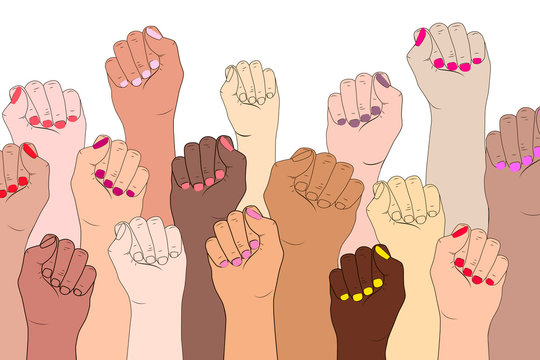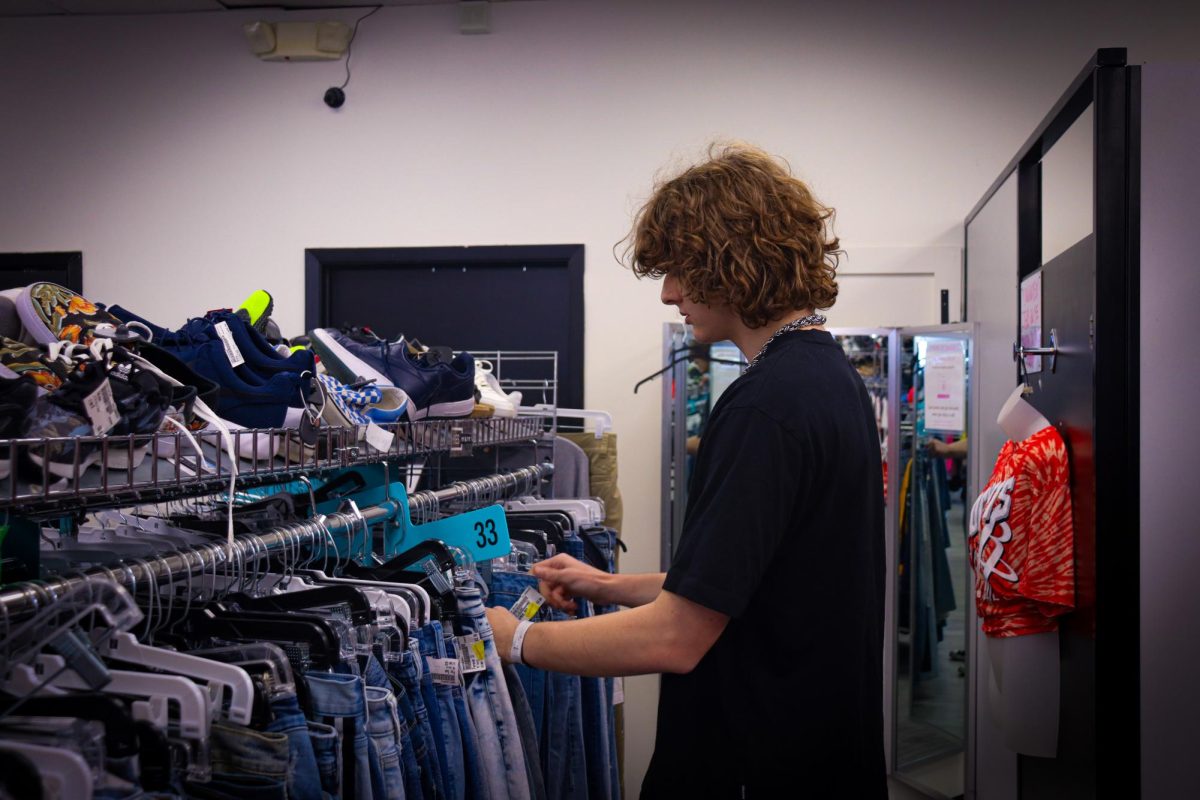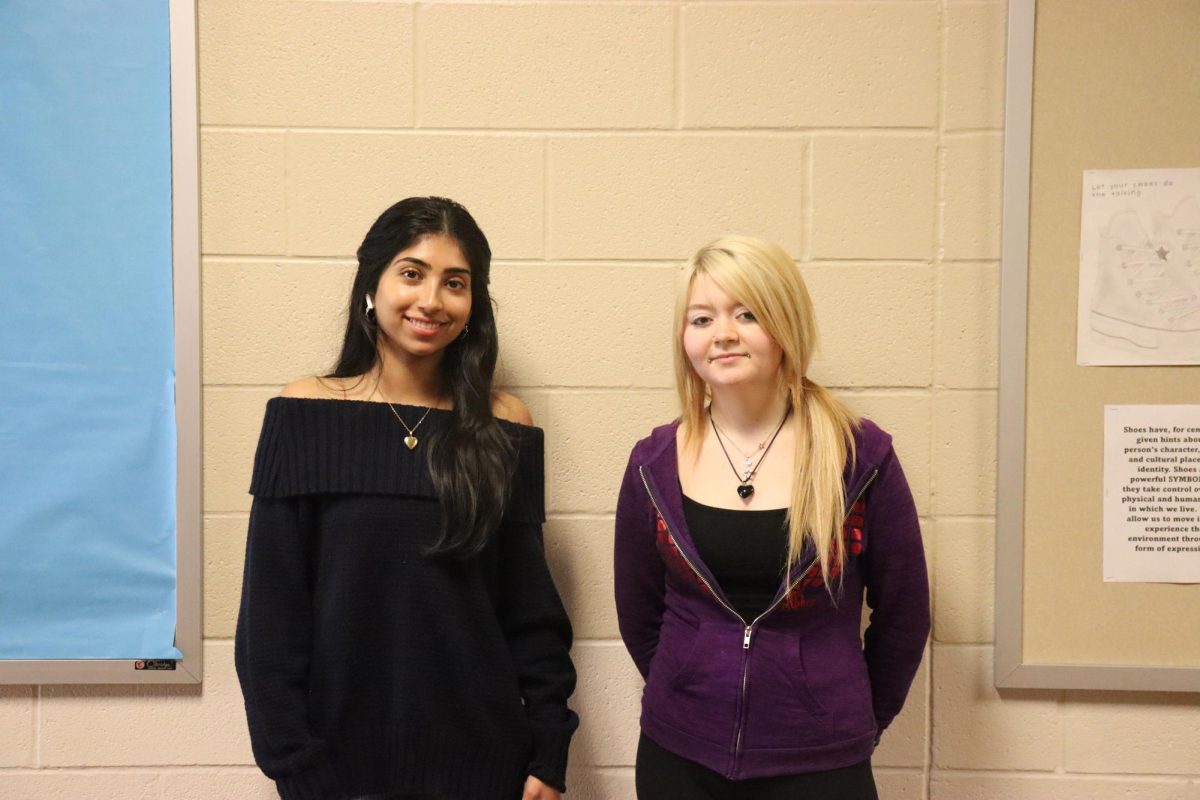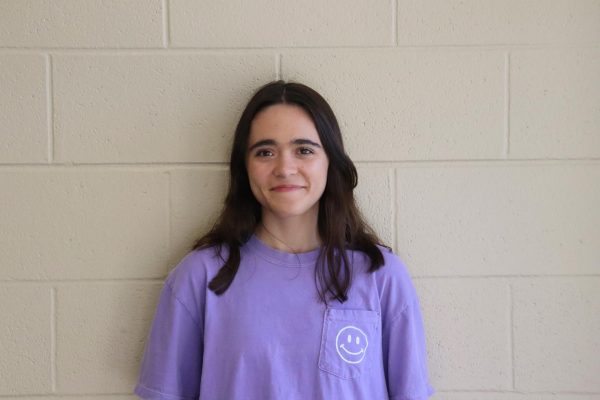In a society dominated by online communications, being safe while browsing online spaces is critical. Technology has both benefited society and harmed society, as it allows people to communicate with others much faster, but it has decreased the amount of in-person social interaction by keeping people locked behind a screen. People can share and obtain information much faster, but it comes with the cost of potentially spreading false information that results in a series of harmful situations.
One of the scariest parts of technology is the fact that once someone gets online, they enter a space where people have the ability to steal their information, harass and blackmail them, ruining their lives without facing consequences. Moreover, once something is posted online, it can never truly be deleted. These concepts highlight the dangers of the online world, and teenagers do not take these concepts into account when sending an inappropriate picture or revealing their information online, which in turn attracts predators and hackers who will use said pictures or revealed information to their own advantage. To combat the potential online dangers that may be present in schools, many police make it their mission to detect harmful information that is being spread on the internet.
“Our department, along with outside contacts like Harris County or the FBI, are in charge of dealing with types of threats online,” said Tompkins Officer Timothy Loya. “Lets say, if there is something like a terrorist threat against Tompkins made by someone online, we are notified of that and will investigate it. If we need to, we will ping where the address is coming from, and we would have to go to their house and figure out who they are.”
Loya has stated that his department does not deal directly with things such as online predators, but they still have to make sure that there are no explicit images of underage students that are circulating around social media platforms like Snapchat, the most common place where minors will send nude pictures to each other. This is to not only protect a student’s explicit photo from getting in possession of predators, but other students as well, as minors in possession of a sexually explicit image of another child’s picture is still considered child pornography, and they will face criminal charges. If there is a large age gap between the two parties, then the punishment will be even more severe. Most high school students are not aware of this, causing many instances where students will send each other explicit images of themselves that have gotten leaked, leading to not only the utter embarrassment of the person whose picture was leaked, but a plethora of dire consequences for the students who have seen the picture and sent it to others.
“I have never really had to deal with explicit images circulating online, but I have had to deal with kids who were in possession of other kids’ nudes, and if you are a juvenile it is still considered possession of child pornography,” said Loya. “I have dealt with that stuff before, like kids sharing it in a group chat. However, I do not deal with predators, that is a whole other unit.”
There are many different types of safety measures one can use when navigating the online world safely. The most obvious of ways is through a virtual private network, which hides IP addresses and secures all of a user’s information. However, many of the reliable VPNs cost money, so if someone wants to be able to stay safe online while not having to pay for it, it is crucial to not send out any personal information to strangers. Predators, hackers, IP address thieves, and internet trolls all lurk online, and these people thrive off of someone giving away their information, especially if they are younger and easier to manipulate. So, by keeping oneself anonymous online insures protection from those trying to exploit others for their own benefit. Another way of staying safe online is to always notify a trusted adult if there is ever a threat, whether it is someone that is directly threatening a specific person, or making a more terroristic threat. By contacting the school’s officers, it can help ensure the safety of all students, even if the person making the threat will not actually go through with it. Officer Loya himself has many helpful tips on protecting oneself on the internet.
“Everything you post online is part of your ‘digital footprint,’ and it will never go away, even from a high school standpoint,” said Loya. “Just because a picture is sent from one person to another does not mean that there is not a way to get into someone’s phone and get that information. Lets say that you post a picture with a Tompkins shirt on. If someone really wanted to, they can easily find your location depending on what you have in that picture. They know you are a student at Tompkins, so they can easily go online and look up the bell schedule for your school. They can sit outside and wait for you. Everything you post online is open to the public eyes, so watch what you post, do not give out any personal information, and know that if you feel as if someone is watching you, then they probably are.”
Staying safe and shielding one’s identity is integral in protecting the safety of oneself along with the safety of others. Everything posted is permanent, so when someone posts something, it will become a part of their digital footprint, something that can never be hidden away. This can affect people from obtaining careers and going to college, as these places can actually see someone’s digital footprint and make sure that who they are hiring has not done anything bad on the internet. Ultimately, the internet is full of lots of dangers, and even with the protection of security officers like Loya, it is the responsibility of the individual to make sure that they are protecting the identity of themselves and their friends to ensure no one tries to take advantage of it.

